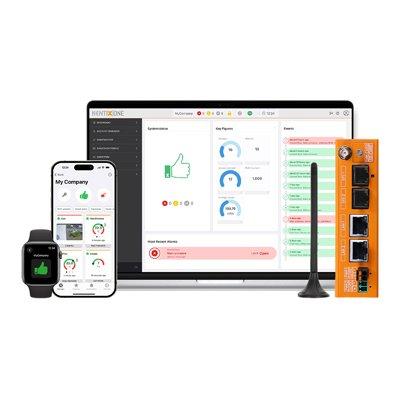 |
| The bill is a legislative priority of the Security Industry Association |
The "Residential Carbon Monoxide Poisoning Prevention Act" (H.R. 1796) from Rep. Jim Matheson, D-Utah, would direct the Consumer Product Safety Commission to publish standards for CO detectors and would prohibit the distribution of any detector that does not meet those standards. In addition, it would create a grant programme to help state and local governments promote the use of CO detectors and authorise $10 million over the next five years for the programme.
Carbon monoxide, a colourless, odourless gas that is produced when a fossil fuel is incompletely burned, claims more than 400 lives in the United States each year and sends 20,000 people to the hospital.
The bill is a legislative priority of the Security Industry Association (SIA).
"We are very pleased by today's House vote, and we thank Congressman Matheson for his leadership on this issue," SIA Director of Government Relations Don Erickson said. "Carbon monoxide is the leading cause of accidental poisoning deaths in the United States, and this bill will expand the use of life-saving detectors and ensure that the devices that millions of people rely upon meet high standards for quality and reliability."
SIA has worked with the National Electrical Manufacturers Association and the Electronic Security Association to advocate for the bill. The three organisations wrote to lawmakers in March to express support for the legislation's efforts "to protect against the deadly assassin known as carbon monoxide." View their statement here.
The bill now goes to the Senate. A related bill introduced in that chamber in June 2009 has not been acted upon.





















